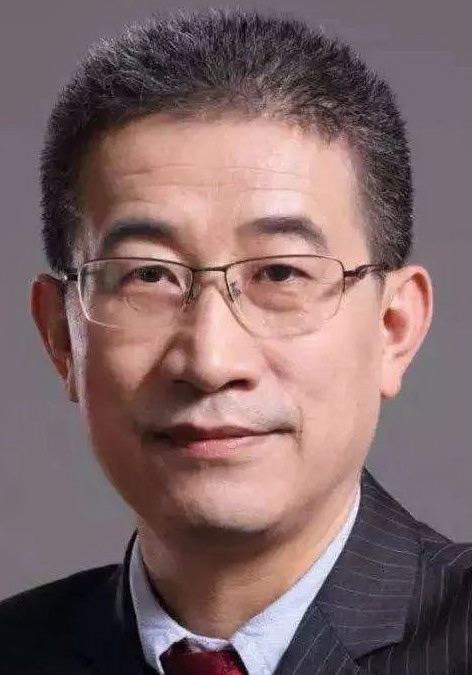Spirits of doctor rose as outbreak dwindled


When Qiu Haibo set out for Wuhan, capital of Hubei province, on an early morning in winter to help rescue severely ill COVID-19 patients, he did not expect that when he returned home it would be summer.
After staying in Wuhan for 99 days, Qiu-a top expert in critical care medicine and vice-president of Zhongda Hospital, affiliated to Southeast University in Nanjing, Jiangsu province-was assigned to Heilongjiang and Jilin following smaller outbreaks in the two provinces to guide the rescue of COVID-19 patients.
On June 5, he finally arrived in Nanjing, concluding a 139-day trip to combat the novel coronavirus.
Recalling the longest domestic trip for him, Qiu, 54, said the warming weather over the past several months he experienced also echoed his mood.
"When I arrived in Wuhan on Jan 20, I was wearing thick winter clothes and kept wearing them for a long time," he said. "In Wuhan, my heart was also heaviest."
As the battle against the epidemic subsided and the lockdown was lifted in the city-the hardest hit in China by the novel coronavirus-Qiu and several other senior experts set out in late April for Harbin, the capital of Heilongjiang, which faced challenges in preventing imports of the virus.
"In Harbin, it was spring already, and I felt much more lighthearted," Qiu said.
When he arrived back in Nanjing in June after accomplishing the missions, he felt totally relieved, Qiu said.
Qiu was just one of the 42,600 medical workers sent to Hubei to aid in COVID-19 control and prevention efforts in the most seriously affected part of China. But as one of the top experts guiding the treatment of critically ill patients, he faced tremendous pressure back in Wuhan, and photos showing that his hair had turned almost completely white within a month were widely circulated on the internet.
"Within the first month of my arrival in Wuhan, times were most difficult, facing the entirely new virus," he said. "We faced a lot of uncertainties. We did not know how many patients would appear the next day or how many critically ill patients would be left."
Although having rich experience in coping with patients in critical condition, Qiu faced thorny situations. For example, many critically ill COVID-19 patients had multiple organ failure, which impeded rescue efforts, he said.
Primarily responsible for technical guidance in the treatment of patients, Qiu also performed dangerous surgeries in front of younger doctors, such as cutting air tracts of severely ill patients with the coronavirus and connecting them to mechanical ventilators.
"As a member of the guiding team, I had to fight at the very front," Qiu said. "If I became scared, the others would be more scared. I had to demonstrate to help the doctors and nurses overcome their fear."
With continuous exploration, Qiu and his colleagues gradually progressed in effective treatment of severe patients.
"We suggested providing intensive care to patients at earlier stages before they fell into serious conditions," he said. "If we could provide better treatment to patients earlier, maybe they would not become more severe cases, and their survival rates would increase significantly."
After completing the mission in Wuhan, tasks in Heilongjiang and Jilin, which witnessed outbreaks of a much smaller scale, seemed to be much easier, he said.
"Fighting the coronavirus in the past half year has helped me get to know it," Qiu said. "We will have more confidence in its diagnosis and treatment if other local or smaller outbreaks occur."
- China's CR450: A new era of high-speed rail at 400 km/h
- TAN SUO SAN HAO to pioneer future of deep-sea exploration
- Xi's discourses on Chinese modernization published in Japanese
- Officials summoned over alleged garbage bin food served to students
- Caring hearts help to enhance quality special education
- Xi sends condolences to South Korean acting president over plane crash




































